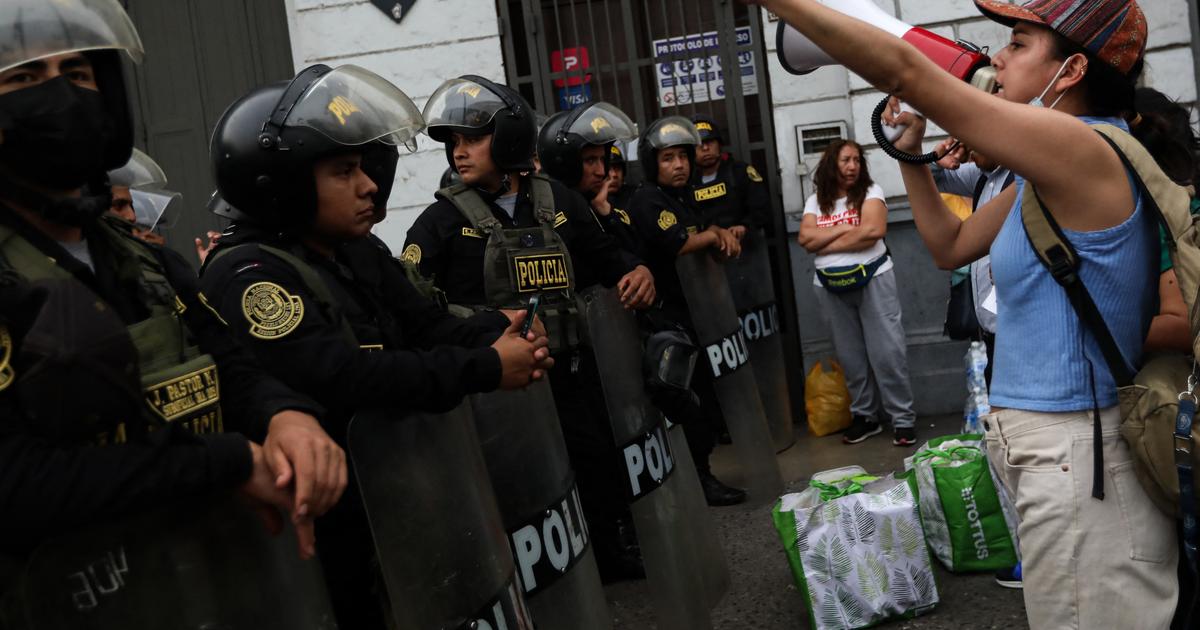Recent events in Peru will have proven this to us.
If the holidays are fortunately most of the time synonymous with relaxation, they can turn sour when an unexpected event occurs: coup d'etat, large demonstration, transport blockage, epidemic, natural disaster, etc.
Between the French embassies abroad and the Quai d'Orsay, it's not always easy to find your way around.
However, certain reflexes to have before a trip can be of great help on D-Day.
In many cases, they will facilitate your procedures on the spot and will allow you not to lose your footing in an already stressful situation.
Our advices.
Before the trip
Know your destination well
We can never say it enough: good preparation is often the key to a successful trip.
This involves finding out in advance about the political and social situation of the territory you want to visit.
The France Diplomatie site, which depends on the Ministry for Europe and Foreign Affairs, regularly updates its information on the different countries of the world.
Just go to the page of the country concerned.
The "Security" tab, available on each destination, allows you to obtain a more precise map of the safe areas (in green and yellow) and those that are less so (in orange and red).
In addition, do not hesitate to contact the local embassies, which can provide you with more precise information on the local situation.
Keep their contact details (address, telephone, email, etc.).
Read alsoTravel advice and Covid-19: how the Quai d'Orsay works
Subscribe to breadcrumb
When you go abroad, it is advisable to register on Ariadne's thread, which depends on France Diplomatie.
A precaution all the more necessary when traveling far from home and in countries with an unstable political situation.
You will need to create an account and fill in the different dates and places of your trip.
The approach can be useful in the event of major crises.
The data provided can then be used to contact you, in the event that rescue operations are organised, but also to reach your loved ones more easily.
Adopt prevention actions
Before you leave, let your loved ones know about your itinerary.
In the event of a problem, they will be able to take certain steps for you.
In addition, making a photocopy of your papers and sending them to yourself by email before leaving will prove useful.
The loss of a passport or identity card may add stress in the event of a disaster.
Finally, be careful about the travel insurance you take out.
It is necessary to check in the clauses whether repatriation is provided for, but also whether health or legal costs are covered.
Read also“What should I do if I lose my passport while traveling?”
On the spot
Find out about police stations and hospitals
Prevention is better than cure.
Once there, locate the police stations and hospitals and write down their contact details.
This can always be useful in case of glitches.
Notify embassies on site
If a crisis arises, the French embassy - or European if France is absent from the territory - or the consulate are privileged interlocutors.
Follow their news feed, whether on their website or on social networks, to be informed of any organized repatriation operations.
In the event of a problem, know that the consulates ensure a permanence 24 hours a day, recalls the government site.
See also Malaise, heart attack... What happens in the event of a serious health problem on the plane?
THE CRISIS AND SUPPORT CENTER
In 2008, the French State created the Crisis and Support Center (CDCS), which makes it possible to mobilize and coordinate all State resources to maintain the safety of French nationals abroad and/or to provide a response humanitarian.
The CDCS maintains relations with various actors, such as NGOs, local authorities and tourism professionals.
When a disaster occurs abroad, the organization activates a crisis cell and a telephone response cell.
Missions can also be organized in the field.
Contact relatives
The advice is obvious, but worth repeating.
Even if you are registered on the Ariadne's thread, it is better to keep in touch with your loved ones.
In the event of a power outage or difficulty in reaching the services concerned, they can be of great help to you.
Read also Plane, hotel, stay... Who to contact if my trip goes wrong?


/cloudfront-eu-central-1.images.arcpublishing.com/prisa/KQHX2IAH4NBMDOOIZFFYL5HN4U.jpg)








